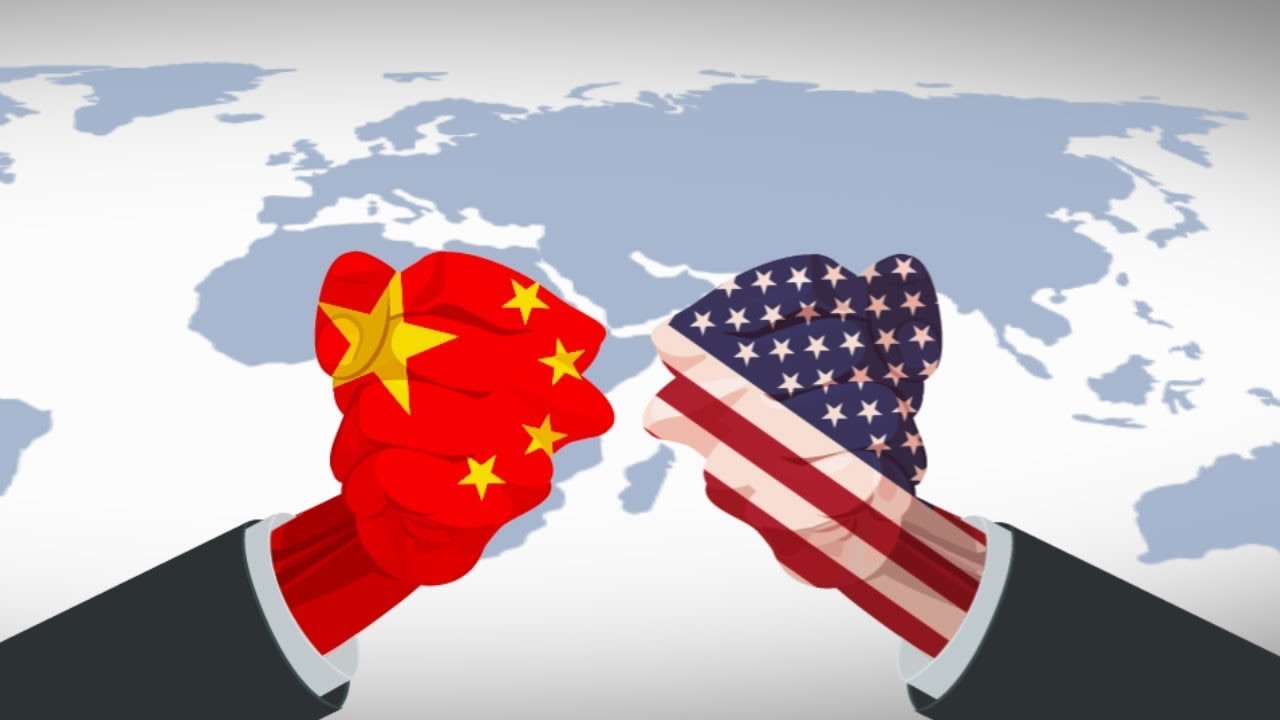
Business
19:21, 06-Apr-2018
US trade deficit with China may be far less than what Trump thinks
By CGTN's Xu Xinchen

US President Donald Trump said in a statement that the Chinese government has chosen to harm US farmers and manufacturers by proposing tariffs on US products. He said China should instead remedy the misconduct that's resulted in a massive trade deficit with the US.
Trump has ordered officials to look into adding 100 billion US dollars in tariffs against China. It comes soon after the Chinese government proposed its version of a tariff list, which was in retaliation against the original 50 billion US dollars worth of Chinese goods the US trade representative plans to hit with tariffs.
If the 100 billion were imposed, plus the original 50 billion, that would be 150 billion US dollars. However, he also pointed out in his statement that he is just asking the US trade representative for consideration... and it is not final," Said Zhao Changwen, director-general of the Department of Industrial Economy at the Development Research Center under the State Council.
Zhao said Trump is an opportunist – and it is not clear if the US president is bluffing or being serious.
“Both Trump and the director of the US National Economic Council, Larry Kudlow, said the US and China are not in a trade war, and Kudlow said the proposed tariff list on 50 billion dollars worth of Chinese goods is being used to press China for negotiations," he said.
According to a report by Deutsche Bank, the volume for the US trade deficit with China might only be less than one-tenth of what president Trump says it is.
While 40 percent of US firms' total sales in China came from their exports, the rest came from their local subsidiaries, which US data do not reflect. By comparing US firms' 2015 total sales in China, 372 billion US dollars, and Chinese firms' 2015 total sales in the US, 402 billion US dollars, the gap is only 30 billion US dollars. The report suggests that while the imbalance between China and the US is large, it has been narrowing in the past decades, and now firms from each side are benefiting equally from each other's markets.
Also to be considered is China's place in the global value chain: Chinese exports to the US includes products assembled in China, and some of the parts may come from outside the country. Experts say while President Trump may be getting some things right, he is also making a wrong prediction – a trade war will hurt the US in the short term and apparently in the long term: The US needs imports to feed its huge consumer appetite – and if they don't come from China, they probably will just come from other countries.

SITEMAP
Copyright © 2018 CGTN. Beijing ICP prepared NO.16065310-3
Copyright © 2018 CGTN. Beijing ICP prepared NO.16065310-3